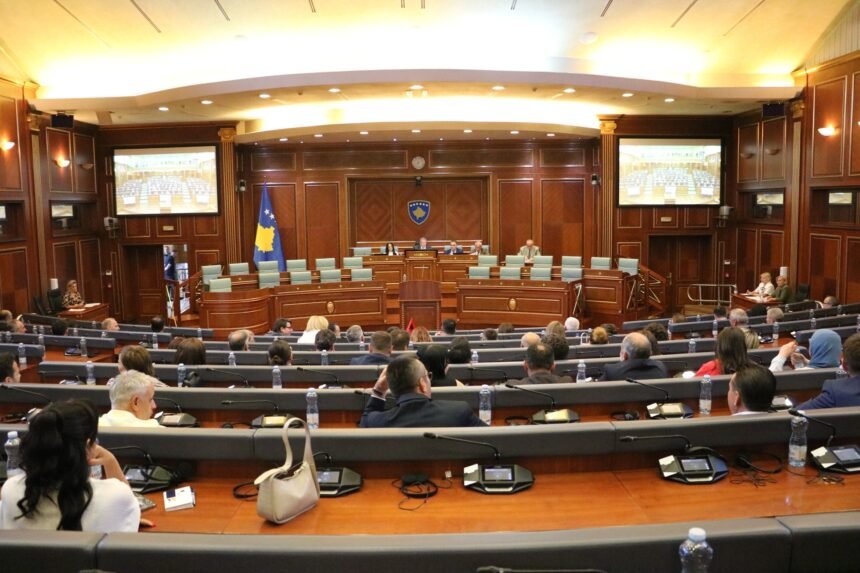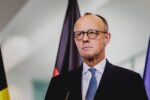The Albanian American Civic League has issued a public call for unity and political responsibility in Kosovo, urging leaders to set aside personal and party interests and restore the normal functioning of state institutions.
In a statement to the media, the League stressed that Kosovo continues to be seen by its international allies as a stabilizing factor in the Western Balkans, citing the ongoing support from the United States and several Western European countries.
The League recalled that in March 2025 it highlighted Kosovo’s record of peace and stability, noting that the country has never attacked or attempted to occupy any territory. Under the leadership of Prime Minister Albin Kurti and President Vjosa Osmani, Kosovo has demonstrated its commitment to democracy and the rule of law—earning praise from international figures, including former UK MP Alicia Kearns, who described Kosovo as “a beacon of democracy in a difficult neighborhood.”
The statement also pointed to increasing recognition of Serbian President Aleksandar Vučić’s efforts to tighten control over power at the expense of the Serbian population, strengthen ties with Russia, and undermine Kosovo. Even when Prime Minister Kurti expressed readiness to sign the EU-brokered Ohrid Agreement to normalize relations, Vučić refused to participate.
The League underscored that Kurti has insisted Kosovo can play a transformative role in the region by ending its conflict with Serbia—but that this requires Serbia to first recognize Kosovo’s independence. Without such recognition, the statement warned, Vučić’s ultimate goal of fragmenting Kosovo could be realized.
It also criticized the post-election political impasse. Despite Vetëvendosje winning 42% of the vote in March’s parliamentary elections—compared to PDK’s 21%, LDK’s 19%, and AAK’s 8%—the failure to secure a parliamentary majority has enabled opposition parties to block the formation of a new government. According to the League, this tactic endangers Kosovo’s democracy and future.
In closing, the League appealed for political unity:
“It is time for Kosovo’s politicians to put aside personal and party agendas and lift the blockade preventing institutions from moving forward. It would be tragic for Kosovo to go backwards when it has the potential to remain the region’s most progressive force—a country uniquely characterized by centuries of coexistence among secular Muslims, Orthodox Christians, Roman Catholics, and Jews.”







